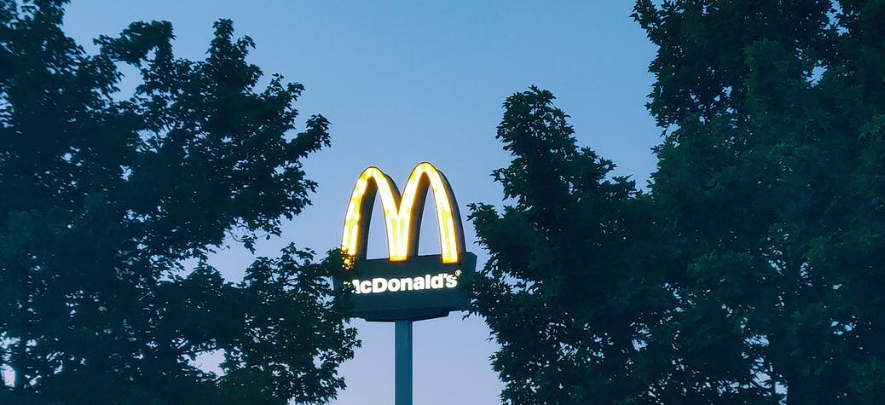Lessons I have learnt from McDonald's franchise model

Business Development
175 week ago — 4 min read
Many people start a new business as a passion project, a side hustle or their mainstay revenue stream. These ventures could possibly be for a new product or services; or an existing business granting a license for you to use their name and the existing system which is referred to as franchising.
Franchising a business is also a sustainable way of earning in the midst of this pandemic. There's no need to sweat on the nitty gritty parts of establishing your own brand from the ground up, as the system is already provided for you and readily available in exchange of a franchise fee—for the branding, structure specifications, trainings (owner and the staffs), products and services.
As an example, Ray Kroc—a milkshake mixer salesman, came across this speedy system for the namesake restaurant that the McDonald's brothers built. He served as McDonald's franchise agent as he handled all the new franchisees and maintained standards for the brothers.
However, Ray Kroc's cut—with the agreement with the McDonald's brothers—was only 1.9% of the gross revenues of all McDonald's franchisees, while 25% of that went to the brothers. With this type of arrangement and deal, he knew that something must be done. And since McDonald's is a franchise sitting on a real estate business model, McDonald’s Franchise Realty Corporation was set-up in 1956 to act as a landlord to current and future franchisees. This was used in purchasing real estate for all franchise locations while leasing it back to the operators (franchisees).
The aforementioned strategy was the idea of Kroc's partner, Harry Sonneborn.
The advantage of this model is that the revenue stream from the rent and royalty income received from franchisees are far more stable. Most importantly, it is predictable while the operating costs remain measurably lower, allowing for an easier path to profitability. Thus, McDonald's—because it has control over the land and long-term leases, can leverage its market position to negotiate deals. Basically, it's a mere shared risk of franchisers to the franchisees.
Real Estate Entrepreneurship
This example reminded me of my own memory, where I did the same thing few years ago (2016) to build my second establishment. I even uttered almost the same context of "Please, be right this time", as I've launched few businesses before in various scales and went through so much of ups and downs, disappointments, and even legal confrontations for disagreements. As to establish a business from scratch and debt, with this intensity and size, is not a walk in a park because there would always be hardships.
Three lessons I've learned from the story of McDonald's
- Vision. You cannot execute something without a vision. A vision is a fixation in your mind that no matter what adversity comes your way, you'd still be on the proper path.
- Burn the Boats. This is letting go of the safety net of employment to aim for a bigger change.
- Proven Concept Made Better. Real estate leasing is not new. However, it depends on how you'd strengthen the size, demographic and tenant mix.
So, every successful founder should be observed by upcoming entrepreneurs or business owners to keep your business-brain sharp and explore more options for sustainability and progress.
To explore business opportunities, link with me by clicking on the 'Connect' button on my profile.
Image source: Pexels
Disclaimer: The views and opinions expressed in this article are those of the author and do not necessarily reflect the views, official policy or position of GlobalLinker.
Posted by
Carlos Payumo GarciaI'm Carlos P. Garcia. A Landlord and Business Development and Leasing Administrator of a Mercantile Leasing (Private Market) Business. I am offering stalls for lease to cater...
View Carlos 's profile
Most read this week
Trending












Comments
Share this content
Please login or Register to join the discussion